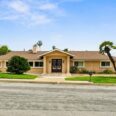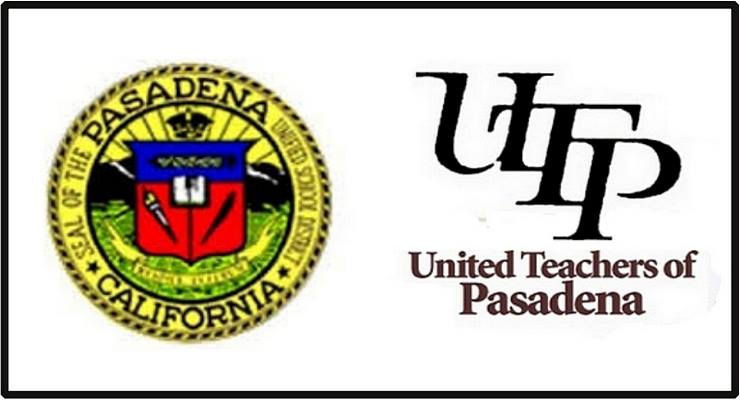
In early January 2025, Pasadena endured the most devastating fire in its history—the Eaton Fire, which scorched Altadena and North Pasadena. Climate change fueled this disaster, exacerbating drought conditions, intensifying winds, and turning the region into a tinderbox. Now, as Pasadena begins the difficult process of rebuilding, the city faces a pivotal choice: Will it simply restore what was lost, or will it embrace environmental justice to build a more resilient, equitable, and sustainable future?
Environmental Justice: More Than a Buzzword
Environmental justice ensures that all communities, particularly historically marginalized ones, receive equal protection from environmental hazards and have access to the resources needed to withstand and recover from disasters. In Pasadena, this means acknowledging how past policies—such as redlining, freeway expansion, and a lack of investment in green infrastructure—have made certain neighborhoods more vulnerable to environmental harm.
Northwest Pasadena, home to the city’s only officially designated Disadvantaged Community (DAC) under CalEnviroScreen, already suffers from disproportionately high pollution levels, fewer trees, and greater heat exposure. The Eaton Fire only intensified these disparities. Many residents now face displacement, worsening air quality, and increased heat due to the loss of tree canopy. Without deliberate, equity-driven policies, these communities will bear the brunt of both the fire’s destruction and the climate-driven disasters that will follow.
The Urgency of an Environmental Justice Element in Pasadena’s General Plan
In the wake of the fire, Pasadena has an opportunity to embed environmental justice into its General Plan. Thanks to SB 1000, cities must now include environmental justice goals that reduce pollution exposure, improve access to green spaces, and ensure secure housing. Pasadena must go beyond a symbolic commitment—it needs measurable policies, real accountability, and community-driven solutions. The city must commit to funding real change—not just another round of planning updates with no follow-through.
Building a Resilient Pasadena That Works for Everyone
The Eaton Fire is a wake-up call. Climate change will continue to bring more fires, extreme heat, and air pollution. But how Pasadena responds now will determine whether the city becomes more resilient—or whether it allows existing inequalities to deepen.
By integrating environmental justice into its rebuilding efforts, Pasadena can protect its most vulnerable residents, reduce climate risks, and create a healthier, more equitable city. The City Council must act boldly to ensure the Environmental Justice Element of the General Plan isn’t just a checkbox—but a transformative force for change.
This is our moment to rebuild Pasadena the right way. Let’s not waste it.
SUZANNE YORK is a retired PUSD teacher and a member of Pasadena’s Environmental Advisory Commission














 0 comments
0 comments


